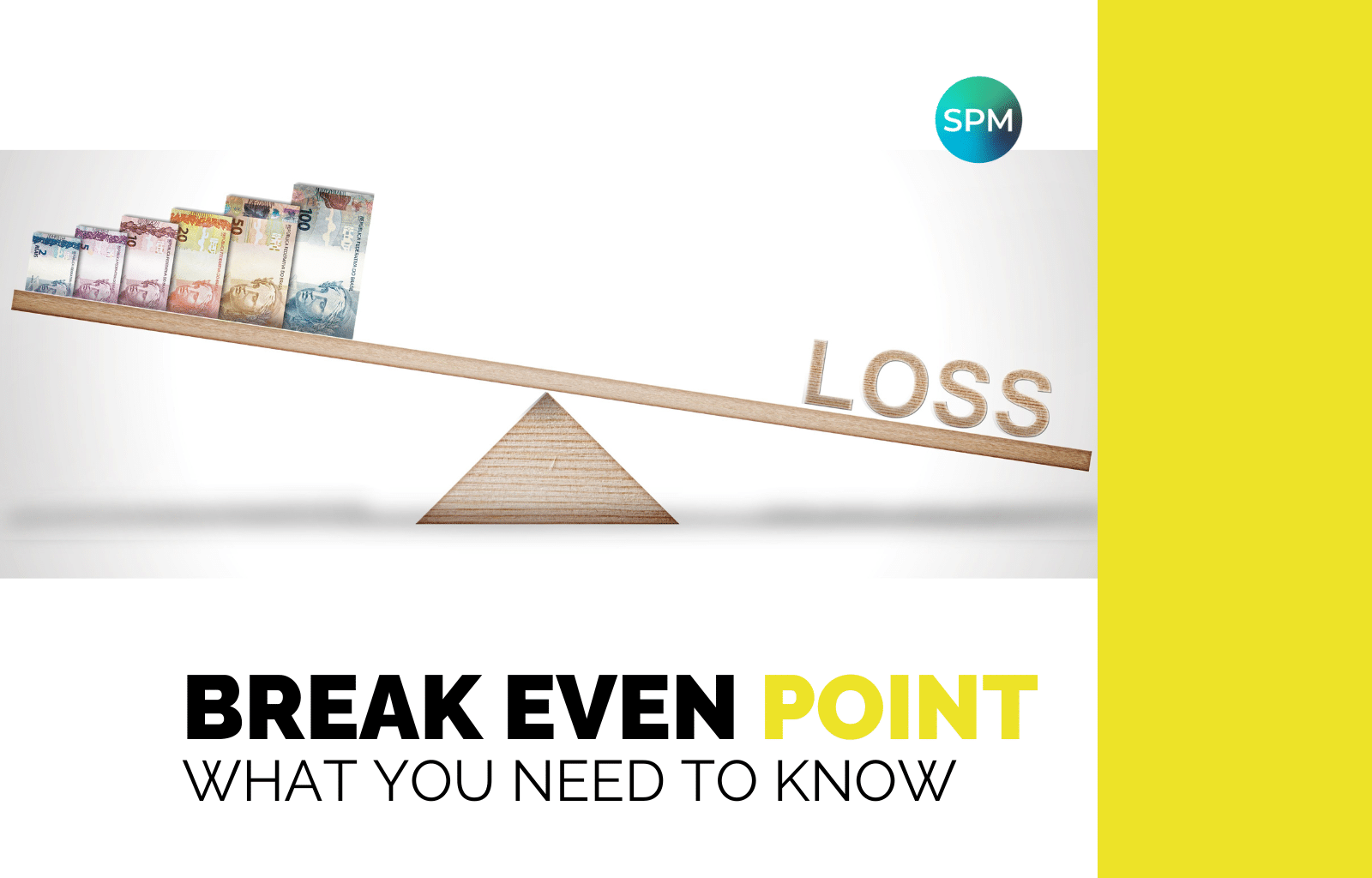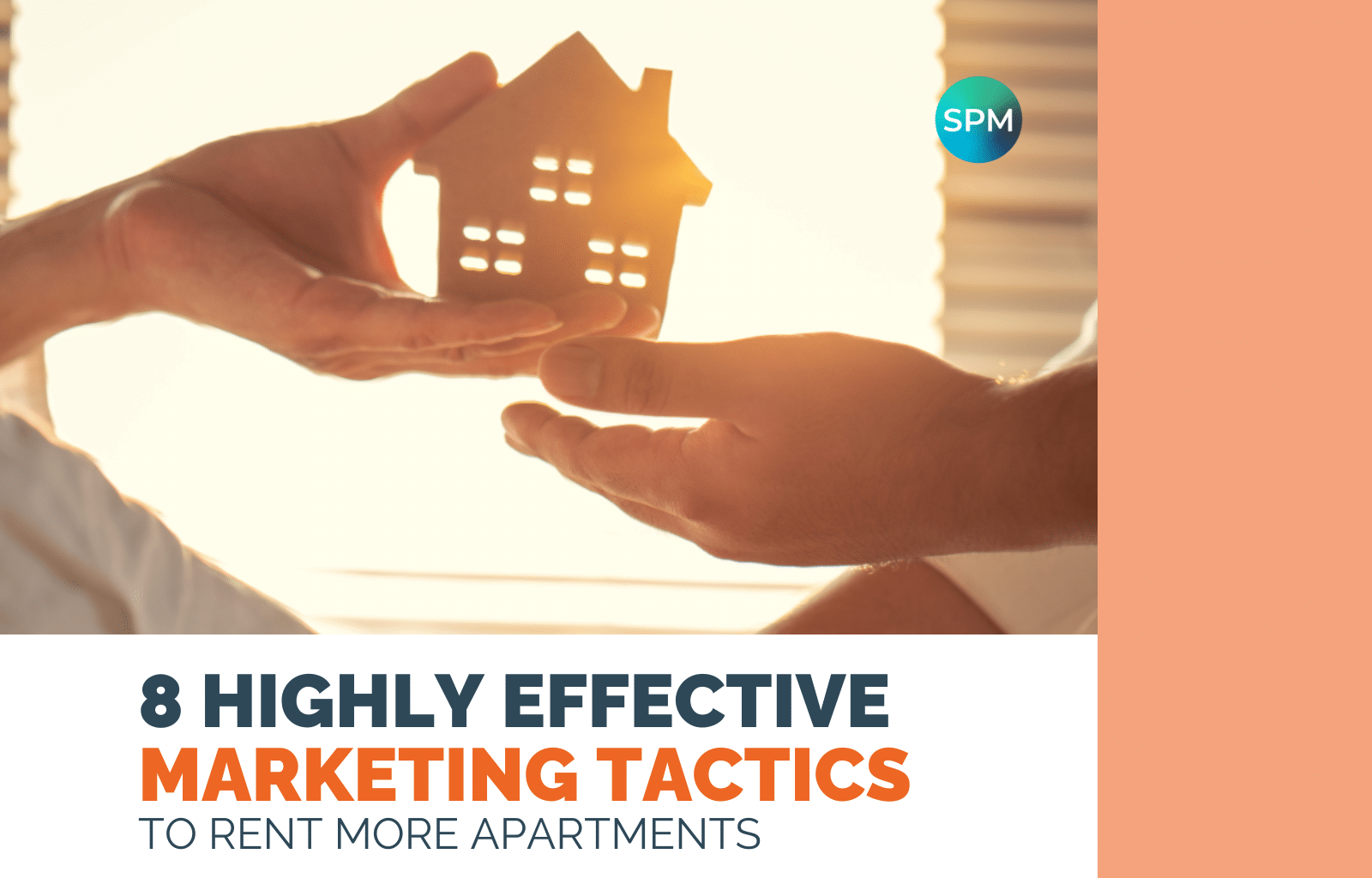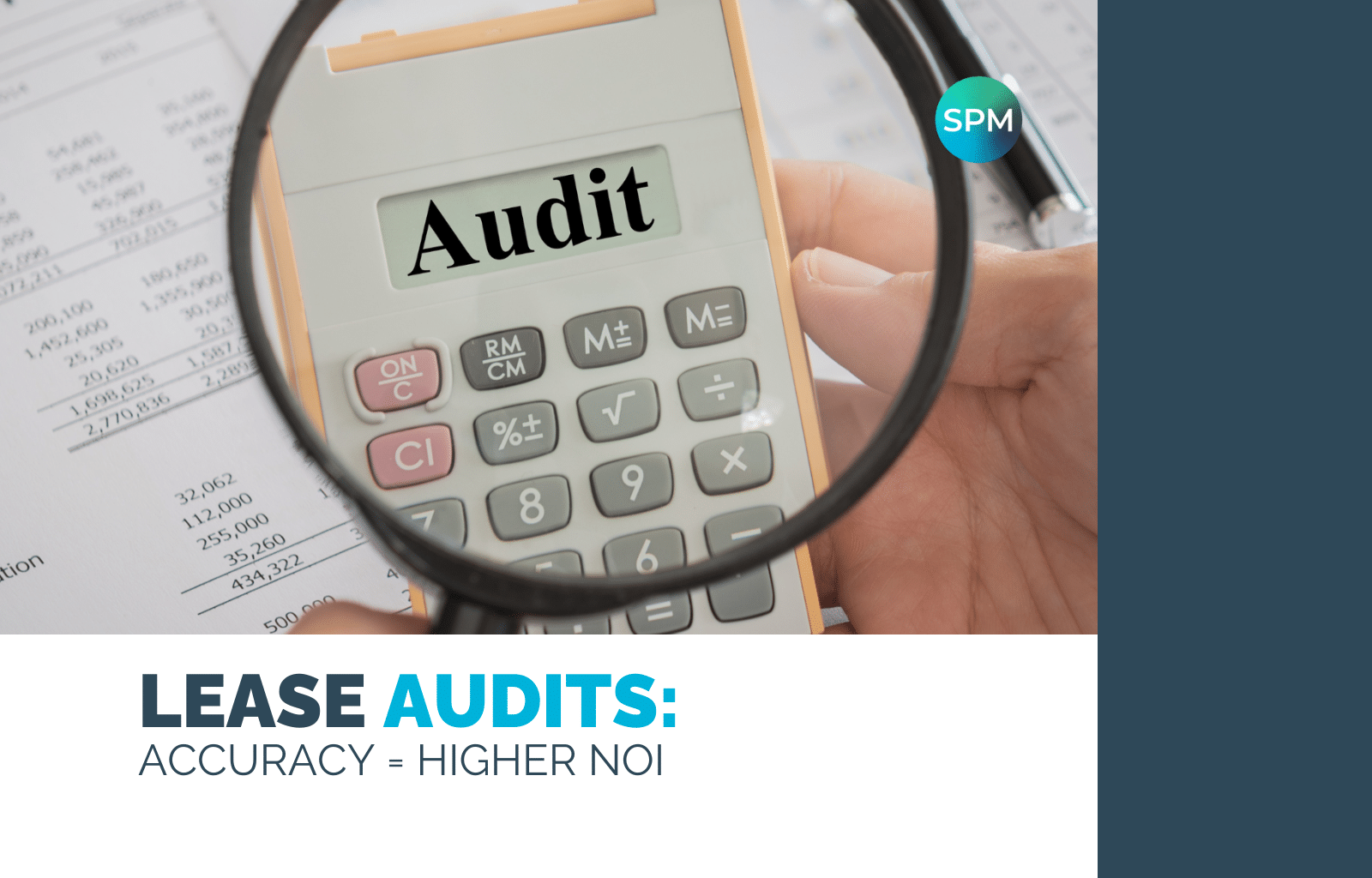Break Even Point
Every multi-family investment, irrespective of size and type, has one common goal: to be profitable. Being profitable takes focused effort and the first goal of an investor is to surpass their break even point. Most if not all investors measure investment return on an annual basis so assume that is the case in the context of this blog post.
The break-even point is the juncture at which your investment’s gross collected income equals your total operating expense, capital expense, and mortgage interest outlay for the year. in multifamily investing, this is how we calculate the break even point.
It is an essential concept for real estate investors to understand. If you are considering investing in a multi-family property, you need to estimate your break even point, so you can plan for infusing additional cash during the operating year or not. Keep reading to learn more about the concept of the break-even point, what is a break-even point formula, how to calculate the break-even point, and much more!
What is a Break Even Point?
There are numerous metrics investors should utilize to measure their multifamily real estate investment. One such measurement is break-even point analysis. It is the level of revenue needed to cover the required costs which leads to the investment neither making a profit nor a loss. Basically, total revenue equals total costs. Once you achieve your break-even point, you can take further steps to make your investment profitable.
A proper break-even analysis is essential to undertake so you can identify the action steps needed in your business plan to get your investment to its break even point. Factors influencing the break-even point calculation include rental unit market value, fixed costs such as real estate taxes and utilities, variable costs like maintenance, marketing, and administration, capital expense, and debt service expense.
Calculating a property’s break-even point allows investors to assess the investment’s risk potential and make an informed decision.
How to Estimate Your Break Even Point?
The break-even point formula is simple: Estimate and add up what you expect your operating expense, capital expense, and debt service expense to be. This is the total amount of gross collected revenue you will need to generate in order to break even. Here are definitions of these components:
Operating Expense
The operating expense of a property is the annualized total of all the day-to-day operating costs. It includes payroll, maintenance, insurance, property taxes, professional fees, marketing, administration, utilities, etc.
Capital Expense
This includes any cost incurred to replace items that the IRS defines as capital items. Examples, are appliances, flooring, siding, windows, doors, furniture, etc. The IRS requires you to writing these expenses off over an amortization period versus all at once.
Debt service
The debt service of a property are the payments made for repaying your loan which includes principal and interest.
Gross Collected Revenue
Gross collected revenue is the total of all money you actually expect to collect from operating the apartment community.
Break Even Point Formula
Gross Collected Revenue – (Operating Expenses + Capital Expense + Debt Service) = Zero
Should You Be Happy with an Investment That Just Breaks Even?
The break-even point formula helps investors determine what it is going to take for their investment to become profitable. If your assessment indicates that your initial investment is going to operate at a significant loss our recommendation is it is probably not a worthwhile investment. There are very few markets in the United States where the prices you need to pay to buy apartment communities require you not to at least hit your break even point.
There are some Investor driven decisions that can make their break even analysis negative out of the gate or shortly thereafter that you should be wary of. For example, an initial amount of money invested is too low, they underestimate the capital reserves needed, they take out debt that leaves them exposed to unexpected increases in debt service, etc.
How can I lower my break even point?
Boost Revenue:
Find ways to increase your revenue, like increasing rental rates by introducing new services. Develop other streams of revenue like billing back utilities, renting out your community center on weekends, doing a better job of keeping your rents close to or at market levels.
Reduce Operating Expenses:
You can reduce operating expenses by comparing costs from different suppliers, lower payroll costs by utilizing central call centers to handle existing and prospective Tenant issues, etc.
Property Taxes:
If you feel your property’s assessed value is excessive file an appeal to get it lowered which in turn will lower your tax bill.
Break Even Point: Conclusion
It is harder to invest in a property with negative cash flow; therefore, investors need to pay special attention to accurately calculate the break even point. It will ensure you are investing in the right markets that meet your return expectations.
A qualified property management firm can help you in numerous ways to consistently achieve your break-even point and beyond. Summerfield Management is a leading property management firm with years of expertise. We have numerous satisfied clients who call us today to help make your apartment investment a success! Connect with us today!
Break Even Point: FAQs
Q: What is a break even point formula?
A: Break Even Point Formula:
Gross Collected Revenue – (Operating Expenses + Capital Expense + Debt Service) = Zero
It is basically where gross revenue = the cost of running the apartment complex measured on an annual basis.
Q: Do most apartment complex investments initially not break even?
A: Maybe in some parts of the world but in most markets in the United States they all trade at prices where people make a positive return starting day one i.e., the investment generates more money than it costs to run.
Q: What can I do to break even or better with my apartment complex investment?
A: Purchasing at a reasonable price will help to a better apartment complex investment










